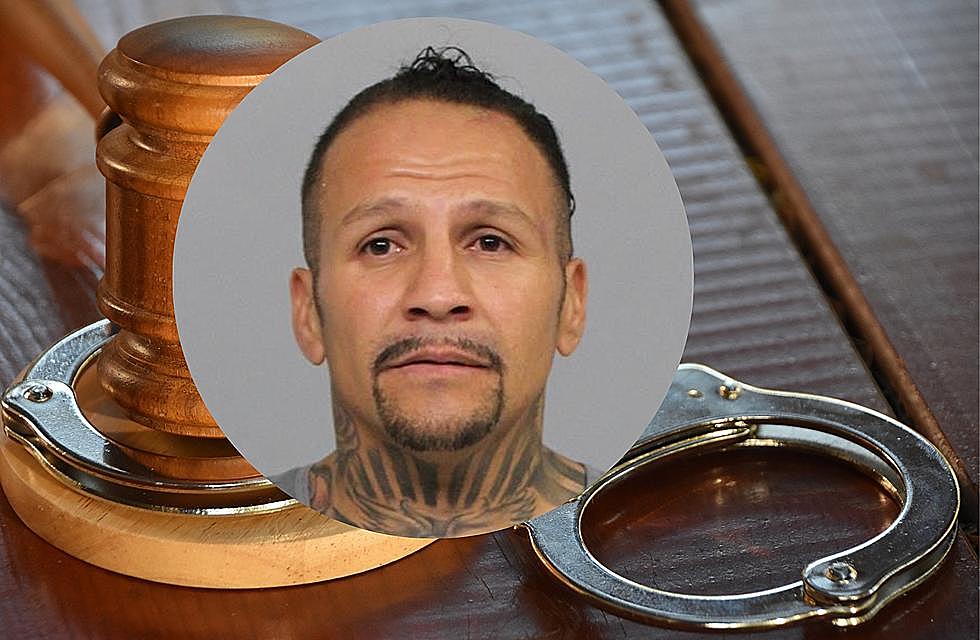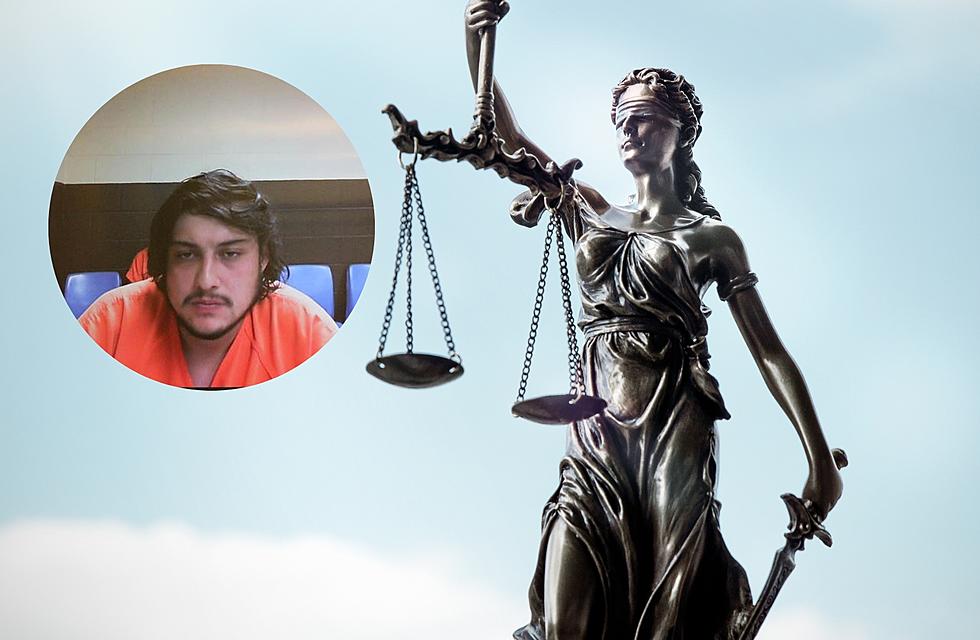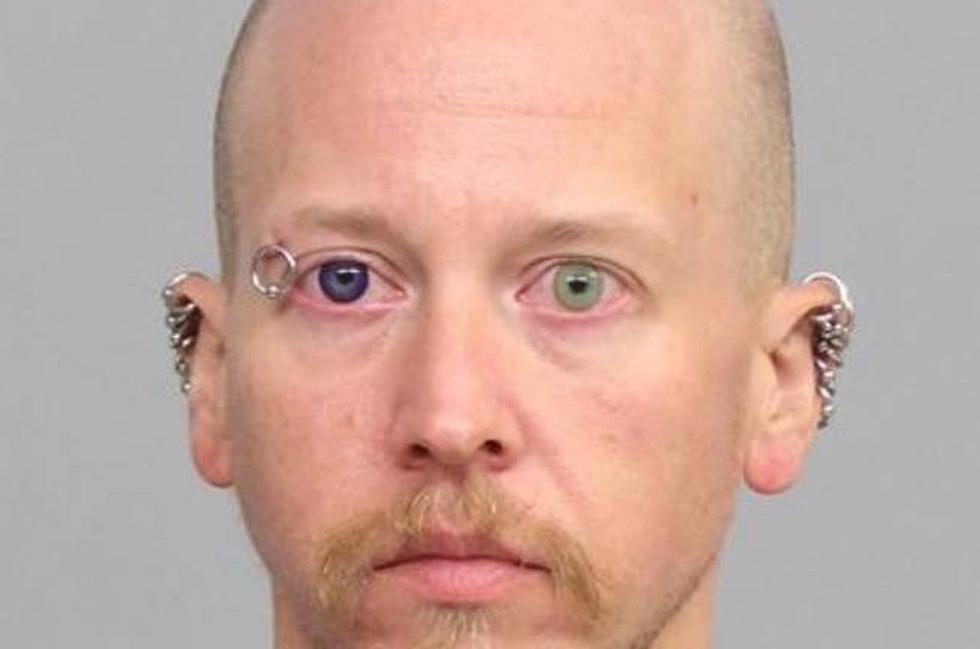
UPDATE: Natrona County Judge Allows Evidence Of Tony Cercy’s Prior Behavior Toward Alleged Rape Victim
Casper businessman Tony Cercy, who is charged with sexually assaulting a 20-year-old woman in June, behaved inappropriately with her a month earlier, Natrona County District Attorney Mike Blonigen said during a motions hearing in district court today.
The introduction of this and other incidents came after Natrona County District Court Judge Daniel Forgey ordered the hearing to be open to the media and the public.
However Cercy’s attorney, Jeffrey Pagliuca, disputed Blonigan’s accounts of this and other alleged bad actions, saying they happened a long time ago and the details he cited were either vague or false.
When it was over, Forgey allowed the first incident Blonigen described to be admitted at trial, but denied the prosecution's request to admit three others.
Cercy is charged with one count of first-degree sexual assault (rape), one count of second-degree sexual assault (intrusion), and one count of sexual contact "without inflicting sexual intrusion and without causing serious bodily injury." If convicted on all counts during the trial beginning Feb. 12, he faces between seven and 85 years of imprisonment.
Cercy's prior behavior underscores his motives and mindset about the alleged sexual assault at Alcova Lake during the weekend of June 23-25, Blonigen said.
Several weeks before that, Cercy was at a bar on the east side of Casper and saw the woman who would be the alleged victim. Cercy called her over, called her "'hot'" and "'hottie,'" and put his arm around her in a way that made her feel uncomfortable and angered her boyfriend, Blonigen said.
The incident, viewed by eyewitnesses, wasn't criminal but it showed that Cercy knew her and illustrated a pre-existing motive, Blonigen said.
This account of a prior bad act of a defendant not directly related to the crime at hand is known as 404(b) evidence.
This 404(b) hearing came close to being held in secret.
Cercy's attorneys had wanted, and Blonigen himself did not oppose, Forgey to close the hearing to the public and the media.
Pagliuca said opening the hearing would have a substantial impact on Cercy's ability to receive a fair trial because jurors may say reports about prior alleged bad acts.
Forgey didn't buy it.
He rhetorically asked how this case is any different than any other sexual assault case. "We don't have trouble finding jurors," he said.
Forgey cited another sexual assault case in two weeks, that of former Casper doctor Paul Harnetty, in which the 404(b) hearing was public.
Pagliuca responded that closing the hearing is a reasonable accommodation and would not burden the press or the public.
Forgey then said the jury selection process works, and he didn't see how the Cercy case was different from other trials in respect to publicity.
Blonigen then recounted the May incident at the bar between Cercy and his alleged rape victim.
After that one, Blonigen recounted an incident in 2010 when Cercy was at the strip club Cowboys, now known as Racks Night Club, where he physically assaulted a woman, uttered racial epithets at a man trying to break up the confrontation, and then tried to pay her to not contact law enforcement.
Blonigen cited incidents including one in about 2000 when a woman claimed she was sexually harassed and Cercy threatened her with retailiation if she reported it, and one in 2016 or 2017 when Cercy told a woman, "'you belong to me.'"
Pagliuca responded the first incident had more to do with a male friend Cercy was with, and that a man calling a woman "hot" is little different than calling her "darling" or "honey."
The other incidents lacked specifics in terms of when they happened, did not involve the alleged sexual assault victim now, and they're not relevant to this trial, Pagliuca added.
Forgey ruled he would allow the first incident to be admitted because it showed a connection between Cercy and the alleged victim.
But he agreed with Pagliuca that the other incidents did not involve the same alleged victim, they were removed in time, they weren't comparable to the issues at the trial, and they may prejudice and confuse the jury.
More From K2 Radio









